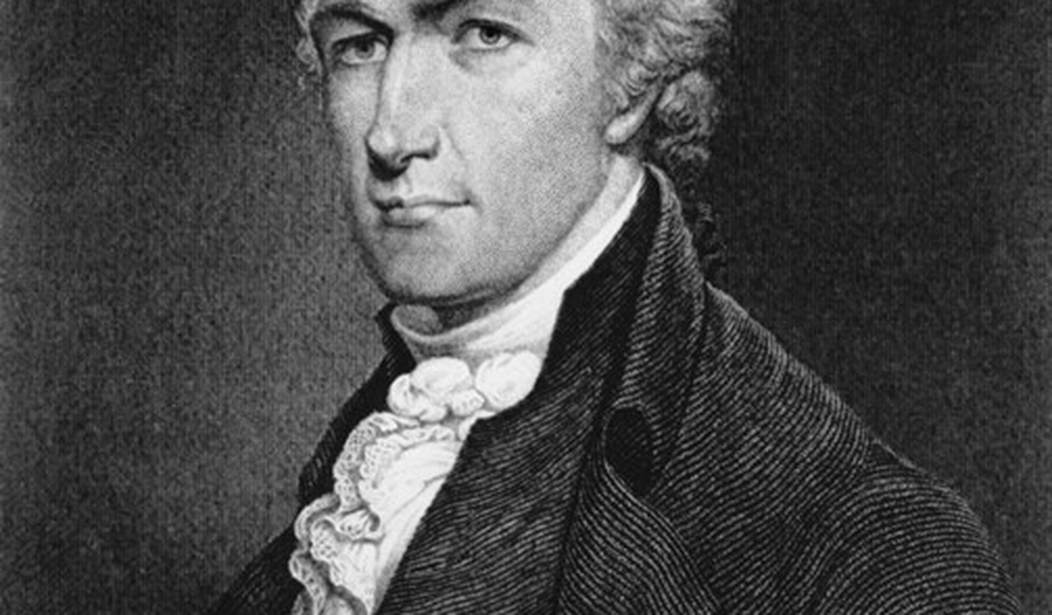Today is the eighth, a nearly-forgotten holiday commemorating the 1815 victory of U.S. forces, under Andrew Jackson’s command, over the British in New Orleans. That victory catapulted Jackson to fame as a national hero and paved his way to the White House. Today also marks the date President Jackson died 175 years ago. He is remembered as a fierce patriot, but he was also a faithful Christian.
In a letter to Ellen M. Hanson, he wrote, “I was brought up a rigid Presbyterian, to which I have always adhered.” Jackson publicly professed his faith in 1838 in a little Presbyterian church near The Hermitage, his home in Nashville, TN.
Before he became the 7th President of the United States in 1828, stubborn, combative and faithful Jackson earned prestige for his military prowess in the 1815 Battle of New Orleans. British forces outnumbered the Americans by more than 2,000. They possessed superior weapons and training and had more experience. Against all odds, Jackson’s troops defeated the British in about half an hour. Jackson believed his impossible victory to be a miracle: “It appears that the unerring hand of Providence shielded my men from the powers of balls, bombs, and rockets, when every ball and bomb from our guns carried with them a mission of death.”
Jackson understood the ultimate power of God to save and bless those that believe in Him. Twenty-two years later, Jackson reflected on the role of God in America as he delivered his Farewell Address. “Providence has showered on this favored land blessings without number, and has chosen you as the guardians of freedom, to preserve it for the benefit of the human race,” he said.
Recommended
Freedom is a blessing. Jackson knew this then and Christians know it now.
The price of that freedom is reliance on God, as it is written in the Declaration of Independence: “With firm reliance on the protection of divine Providence, we mutually pledge to each other our Lives, our Fortunes and our sacred Honor.” We cannot be independent unless we remain joyfully dependent on God. As the Founding Fathers declared independence from foreign dominion, they surrendered, willfully and gracefully, to the Creator of the universe.
This is an essential example too many Americans have forgotten: we are a free nation, but we are not free from God. I believe our country has prospered because of its Christian underpinnings, yet now more than ever, we’re seeing the ramifications of an America turning away from God.
Jackson also knew that faith in God upholds liberty, because liberty itself — like life and happiness — is a gift from God. He said, “It is the province of the pulpits and the state tribunals to recommend the mode by which the people may best attest their reliance on the protecting arm of the Almighty in times of great distress."
But does the American people attest their reliance on the Almighty today? The reason America faces corruption and grave problems is because our lawmakers, courts and people have deliberately and systematically distanced themselves from the Founding Fathers’ declaration of dependence upon God in the Declaration of Independence.
Today, when our leaders publicly espouse faith in God, they are derided. Last week, when President Trump reminded the American people that churches are for praying and not protesting, nonbelievers and Christians alike cried out that Trump’s stance before St. John’s Church in Washington, D.C., was merely a publicity stunt. Regardless of Trump’s intentions, his appearance at St. John’s holding a Bible has sparked a meaningful conversation about the role of the Bible in America.
Have our fellow citizens forgotten the source of liberty? The Bible Trump lifted overhead — albeit carried by an imperfect messenger (any human would be so) — reminds us that the highest power in our land, in any land, is the Almighty. Especially during this time of national anguish, we must remember to glorify God by reflecting His character in our lives. Like Jackson, we must understand that our liberty is a blessing of which we must strive to be worthy, and God’s Word illuminates the principles that form the moral center and enduring foundation of America. Whether or not Trump intended to reemphasize the Bible’s central role to our nation, we benefit from these necessary reminders of the Bible’s centrality. Jackson needed no such reminders.
We have come into an age of sophisticated idolatry, where people rely on and worship politicians and so-called journalists, rather than surrendering to God as Jackson did. On the 175th anniversary of Jackson’s death, let us honor his memory and imitate both his devotion to God and to our nation. While pointing to a Bible Jackson said, “That book, Sir, is the Rock upon which our republic rests.” We must never forget this lesson.
























Join the conversation as a VIP Member